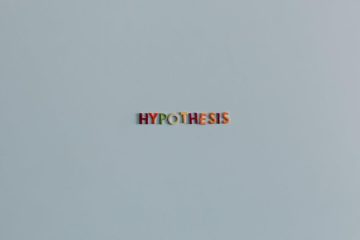Gaia hypothesis
gaia hypothesis worksheet
Unleash your inner environmentalist with this engaging Gaia Hypothesis worksheet! Dive into the interconnectedness of nature and humanity while exploring our planet’s intricate web of life. Let’s embark on a journey of discovery together! 🌍🌿 #GaiaHypothesis #NatureConnection









